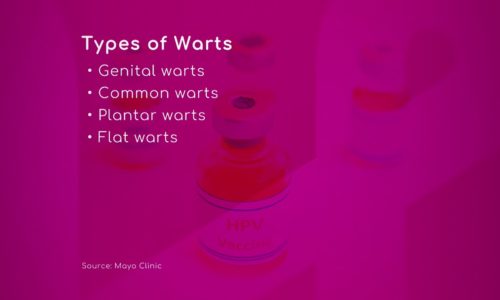Postpartum Depression |
According to the National Institutes of Health, 15 % of new mothers find themselves in a deeper, longer-lasting depression after the baby was born.
The postpartum depression is a syndrome that affects 15 % of pregnant women and it’s convenient to be detected, says Doctor Alberto Sirven, Obstetrician-Gynecologist at West Kendall Baptist Hospital.
There is a difference between postpartum blues (symptoms lasting two weeks) and postpartum depression (symptoms persisting for more than two weeks), the specialist explains.
Inability to eat and sleep, feelings of anger, sadness or guilt are symptoms of postpartum depression.
Transcript
Let’s talk about something that’s very common and there is more awareness about it today because it is real and that is postpartum depression doctor how often does it happen and what advice do you have to parents listen to me to mothers-to-be who may face something like this? Well I think that not just to mothers-to-be I think is important for the family to realize that postpartum depression it is a syndrome it’s a disease it affects 15% of all pregnant women and in general postpartum depression is something that shows signs that should be detected prior to our the ocurrence so they wouldn’t go any further on I think we have a slide here to present today some other signs and symptoms postpartum depression because I think its ideal to catch them up there is a difference between postpartum blues and postpartum depression. We don’t have a slide but we do have a study that I’d like to share with our viewers and according to the National Institutes of Health and an article from the Baptist Health News 15% of new mothers find themselves in a deeper longer-lasting depression what are some of the changes that you should pay attention to that might indicate that perhaps a new mom may need help with postpartum depression and doctor there are symptoms of postpartum depression that I’d like to share with our viewers let’s take them one of it one at a time inability to sleep or eat there is feelings of anger sadness or guilt very common doctor correct? Definitely there’s a difference as I explained earlier between postpartum blues and postpartum depression and really the time is what postpartum blues should be less than two weeks if the symptoms persist for longer than two weeks then most likely it’s a postpartum depression now it’s normal to feel overwhelmed it’s normal to feel at times sadness and distress it’s a lot of learning here after the baby’s born but when this prolongs this definitely causes a lot more worrisome than then if you weren’t to have those symptoms.








